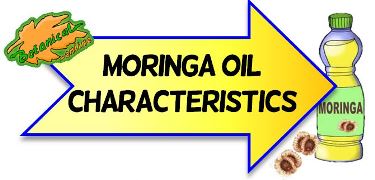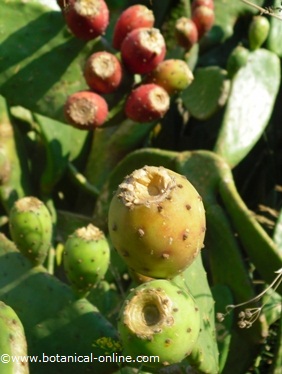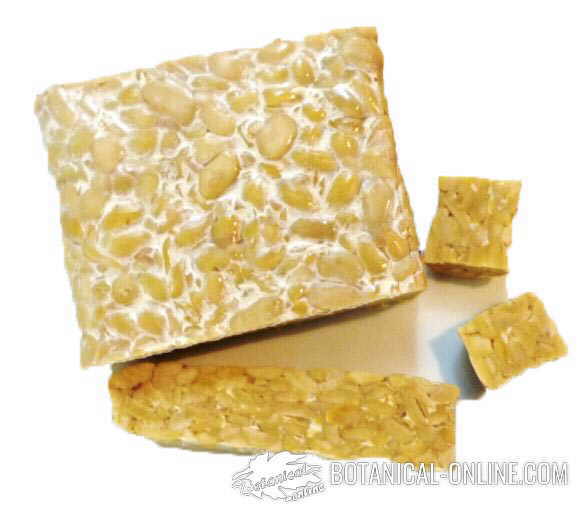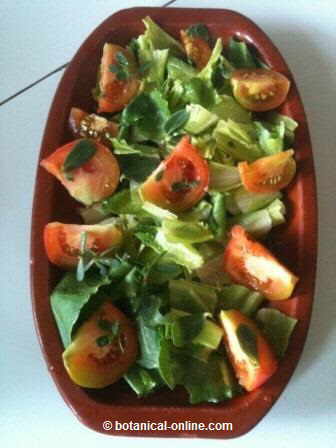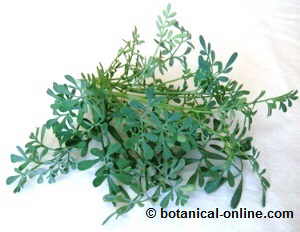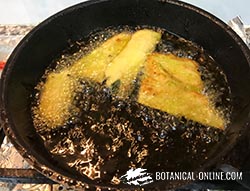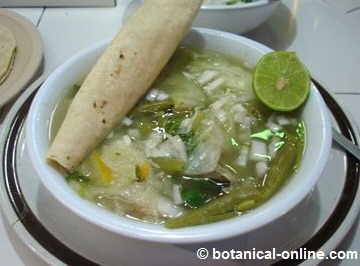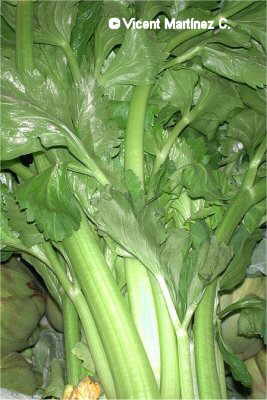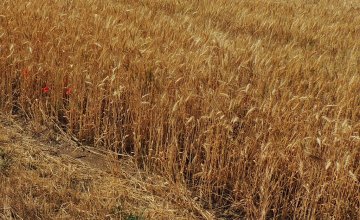Contents
- 1 NUTRITIONAL COMPOSITION OF MORINGA OIL
- 1.1 What is moringa oil and what is it used for?
- 1.2 Characteristics of moringa oil
- 1.3 Color and taste of moringa oil
- 1.4 Types of Moringa oil fat
- 1.5 Saturated fat content of moringa oil
- 1.6 Table of moringa oil composition
- 1.7 Moringa oil, the future substitute for olive oil?
- 1.8 What other ingredients are there in moringa oil?
- 1.9 What is the best type of moringa oil?
NUTRITIONAL COMPOSITION OF MORINGA OIL
What is moringa oil and what is it used for?
Moringa oil is an edible vegetable oil that is extracted from the seeds of Moringa tree (Moringa oleifera Lam.). Although it is edible and can be used in food, due to its cost, its main use these days is as a cosmetic oil for the skin.
Characteristics of moringa oil
Moringa oil is found in the seeds of the tree in a percentage close to 40%. Moringa seeds are very characteristic because of their wings and their dark brown color.
Color and taste of moringa oil
The oil is light yellow, with a slightly nutty taste. At room temperature it appears liquid.
Types of Moringa oil fat
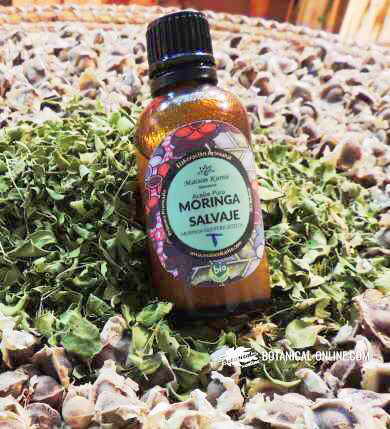
Moringa oil, with dried leaves and tree seeds
The composition of the moringa oil is rich in unsaturated fatty acids (78.6%), mainly due to its high content in monounsaturated fats (77%), among which, the most abundant is omega 9 or oleic acid.
To a lesser extent, moringa oil contains omega 3 and omega 6, but this percentage is less than 2%, therefore, moringa oil is a good source of omega 3 and 6 essential fatty acids.
Saturated fat content of moringa oil
Its percentage in saturated fat is 21%, corresponding to behenic acid (6-7%) and palmitic acid, which are not very healthy, since they can raise bad cholesterol.
Although at the nutritional level is not optimum, the fact is that the food industry has seen a great potential in this plant, providing a type of fat similar to that of palm, which withstands high temperatures better, for the production of pastries, Margarines and other ultra-processed foods.
Table of moringa oil composition
It is possible to mention that there is a certain variety in the composition of the moringa oil, according to its origin. Thus, there are authors who find 67% of oleic acid, whereas in other studies it is up to 80%. For this reason, it is usual that in the tables of composition the origin of the analyzed oil is specified. (Generally, tropical trees have higher omega-9 fat content):
| Composition of moringa oil per 100g | |
|---|---|
| Nutrient | Amount (g) |
Water | 0 |
Carbohydrates | 0 |
Protein | 0 |
Fiber | 0 |
Fats, from whom: | 100 |
Saturated fats: | 20.8 |
| Myristic acid (C14:0) | 0.1 |
| Palmitic acid (C16:0) | 6.2 |
| Palmitoleic acid (C16:1) | 1.1 |
| Stearic acid (C18:0) | 4.8 |
| Behenic acid (C22:0) | 6.2 |
| Arachidic acid (C20:0) | 3.5 |
Unsaturated fats: | 78.6 |
Monounsaturated fats: | 77.1 |
| Oleic acid (C18:1) | 74.4 |
| Gadoleic acid (C20:1) | 1.6 |
Polyunsaturated fats: | 1.5 |
| Linoleic acid, omega 6 (C18:2) | 1.2 |
| Linolenic acid, omega 3 (C18:3) | 0.3 |
Source: Composition of moringa seed oil (Moringa oleifera Lam.) (Bangladesh origin) (Rahman et al. 2009)
Moringa oil, the future substitute for olive oil?
Moringa oil, with 70-80% omega 9 (oleic acid), has the same amount of omega 9 fats as olive oil. That is why some people might think that moringa oil, being rich in omega 9, could also have these so healthy properties.
Certainly, taking into account its composition, moringa oil can be considered a good substitute for olive oil, in the countries where it originates and is cultivated.
This question is more widely answered here: Is moringa oil better than olive oil?
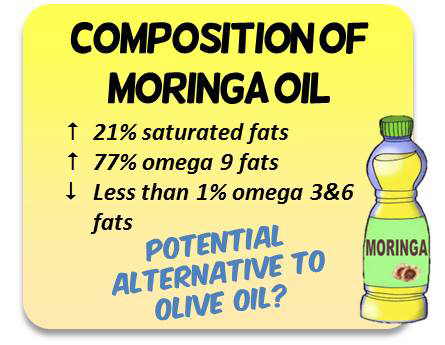
Nutritional composition of moringa oil
What other ingredients are there in moringa oil?
Moringa oil has a small part of unsaponifiable lipids (1% lower). The unsaponifiable part is that which are not fatty acids or triglycerides, but vitamins and phytochemicals.
Moringa oil contains plant sterols such as campesterol (16.0%), stigmasterol (19.0%), beta-sitosterol (46.65%), 5-avenasterol (10.70%) and clerosterol (1.95%). These components have the property of preventing the absorption of cholesterol in the intestine, thus contributing to lower cholesterol plasma levels.
It also contains vitamin E, in the form of tocopherols: alpha-tocopherol 161.30mg / kg, gamma-tocopherol 104mg / kg and delta-tocopherol 56mg / kg.
All these qualities make moringa oil have great potential to be used in food:
Moringa oil as food
What is the best type of moringa oil?
When choosing a healthy oil we must look at the quality it presents. The best type of moringa oil is one that one that has not undergone refinement processes and that has been extracted by cold pressing, which is called virgin oil.
Usually virgin moringa oil is very expensive and it is only used for cosmetic or medicinal purposes.
Medicinal properties of moringa oil
![]() More information on moringa
More information on moringa

